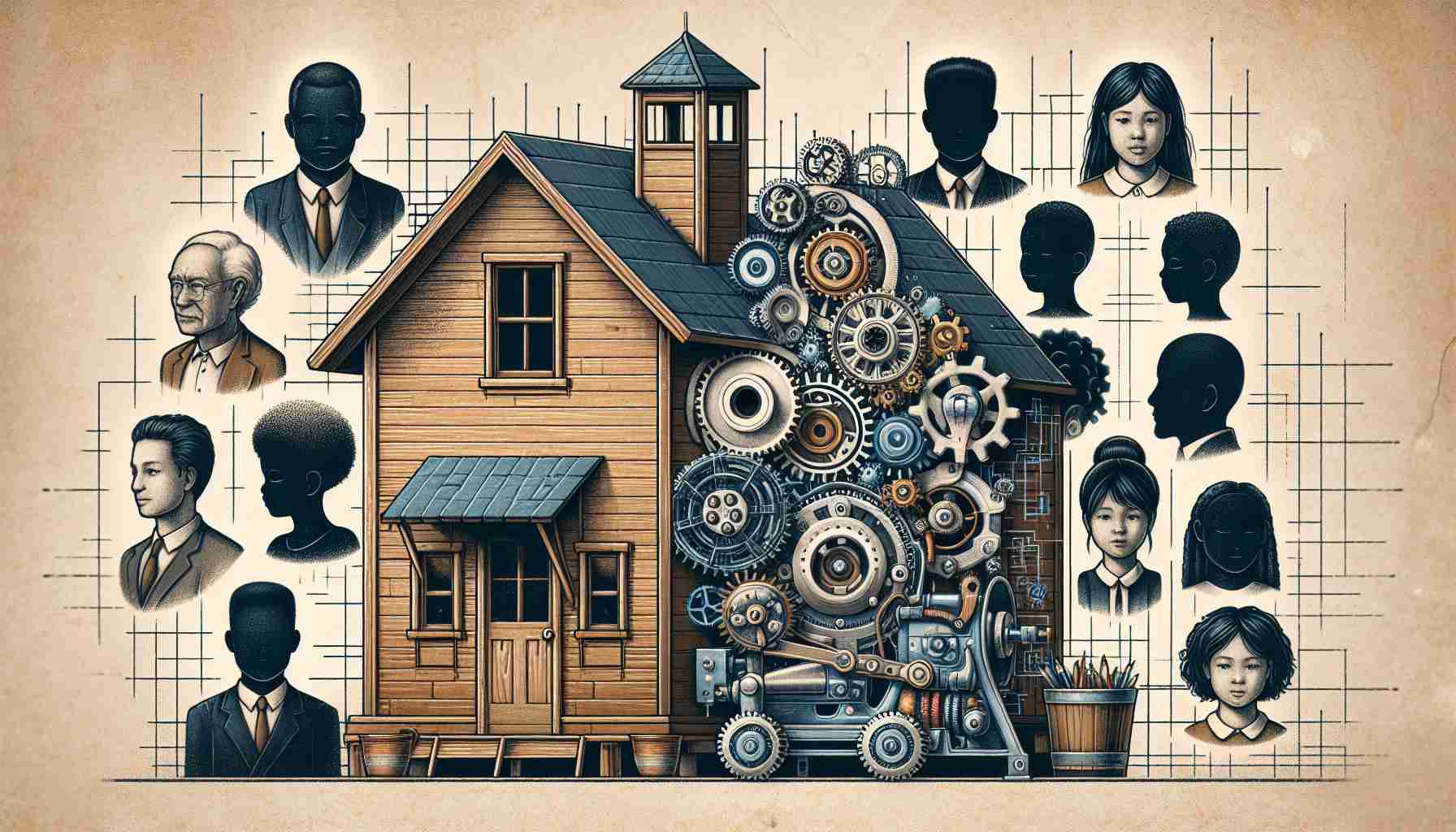As generative AI gains traction in educational circles, the landscape is being dramatically reshaped for students and educators alike. The burgeoning use of artificial intelligence for writing academic papers has ushered in a new era where both learners and teachers are adapting to these advancements in their own ways. Here is a summary that delves into the current situation and provides research-backed perspectives on future directions.
While innovation thrives, it has brought forth considerable challenges. Students across high schools and universities are increasingly employing AI tools like OpenAI’s ChatGPT for their assignments. Reports indicate a significant number of students are availing themselves of these AI services, with nearly half of high schoolers and more than a third of college students in the U.S. using them to some extent for their coursework.
As a consequence, educators have sought assistance from AI-powered detection software to identify AI-generated content, though current tools still struggle with accuracy. Some teachers and professors have embraced these AI detectors, despite their limitations, as part of their grading arsenal. However, this has led to controversial incidents where students have been penalized, as was the case with a University of North Georgia student whose use of Grammarly was misinterpreted as cheating by an AI detector.
Critiques of AI detection systems further reveal these tools may discriminate against non-native English speakers, worsening the divide between students with different linguistic backgrounds. In an effort to address these AI-induced complexities, some educational institutions have completely banned these tools, while others have integrated them into their curricula as teaching aids.
Considering the inherent flaws in detect-and-penalize approaches and the ongoing evolution of AI, education experts suggest that the way forward may lie in embracing AI responsibly within the educational sphere. They propose that educators should set clear guidelines for AI use, helping students utilize these tools constructively rather than attempting to revert to pre-AI educational practices.
Generative AI in Education: Industry Insights and Forecast
Generative Artificial Intelligence is transforming the educational sector with its range of applications, from automating administrative tasks to personalizing learning experiences. As the technology continues to mature, the industry is expected to witness significant growth. Market forecasts project the AI in education market to reach several billion dollars in the next decade, attributing this growth to the increasing adoption of AI technology for various educational purposes.
AI Writing Tools and Academic Integrity
The proliferation of AI tools like OpenAI’s ChatGPT in high schools and universities has raised questions about academic integrity and the appropriate use of technology in educational settings. These AI writing assistants are adding layers of complexity with regards to authorship and originality in student work, necessitating novel solutions to uphold academic standards.
Challenges and Controversies
Detection software has emerged as one solution to identify AI-generated content, however, it is not infallible. Controversies, such as the incident at the University of North Georgia, highlight the software’s shortcomings and the potential impact on students. Furthermore, issues of discrimination against non-native English speakers by AI detectors suggest a need for more equitable and nuanced tools.
Response from Educational Institutions
In response to these challenges, educational institutions have adopted a range of policies. Some schools have banned the use of AI writing tools to maintain integrity, while others are incorporating these technologies into their teaching methodologies, leveraging them as powerful educational aids.
Market Implications and Future Directions
The market for AI in education is likely to evolve as stakeholders demand more sophisticated and ethically sound tools. As the technology advances, market players are focusing on the development of AI solutions that are transparent, fair, and accountable.
Educational experts advocate for a balanced approach where AI’s potential is harnessed to enhance learning, while also establishing clear guidelines to maintain academic integrity. By helping students use AI tools constructively, educators can steer the educational sector towards a future that embraces innovation without compromising on the values of honest scholarship.
For those interested in exploring further information about generative AI and its impact on industries, you may refer to the following credible sources:
– OpenAI
– DeepMind
– IBM Watson
It is essential for educational providers and policymakers to stay informed about the latest developments in AI technologies in order to create frameworks that support ethical use and foster an environment of integrity within the learning community.

